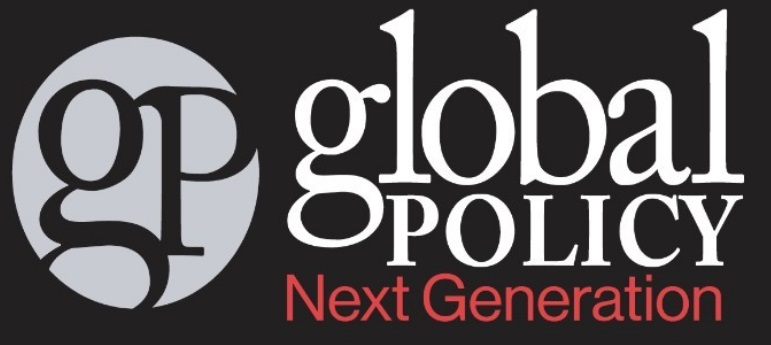
The climate crisis prompted the International Monetary Fund (IMF), an international lender of last resort, to implement wholesale reforms to incorporate climate policy into its operations. At the IMF, selected countries from the Global North—historically the largest emitters of greenhouse gases—dominate decision-making. This raises several questions. Can the Fund implement an ambitious and effective climate policy? How are climate-vulnerable developing countries and their interests represented in everyday decision-making at the institution? Drawing on scholarship on the political economy and legitimacy of international organizations, we focus on the formal distribution of decision-making power within the IMF to evaluate the IMF's shift toward climate change. Our empirical analysis of the representation of 57 self-identifying climate-vulnerable developing countries (the V20) at the IMF and within its Executive Board shows that these countries, speaking for almost a third of the  Fund's membership, command a vote share of merely 5.6%. Our assessment of the Climate Strategy adopted by the IMF amplifies equity concerns over its climate policies and further attests to the disregard of requests by developing countries. Barring meaningful governance reform to increase the voice and representation of climate-vulnerable developing countries, the IMF's approach to addressing climate change is unlikely to translate into legitimate and effective climate policy.
Fund's membership, command a vote share of merely 5.6%. Our assessment of the Climate Strategy adopted by the IMF amplifies equity concerns over its climate policies and further attests to the disregard of requests by developing countries. Barring meaningful governance reform to increase the voice and representation of climate-vulnerable developing countries, the IMF's approach to addressing climate change is unlikely to translate into legitimate and effective climate policy.
Policy Implications
- The IMF's extensive influence over development and its in the global financial safety net puts it in a prominent position to shape climate policy.
- The countries historically responsible for most carbon emissions hold disproportionate decision-making power at the IMF, whereas those least responsible for, and most affected by, the climate crisis have little.
- Ambitious governance reforms that increase the voice of climate-vulnerable developing countries in decision-making are necessary to make the Fund's climate policy more equitable, facilitate a global just transition, and strengthen the IMF's legitimacy.
Image: IMF, Public Domain